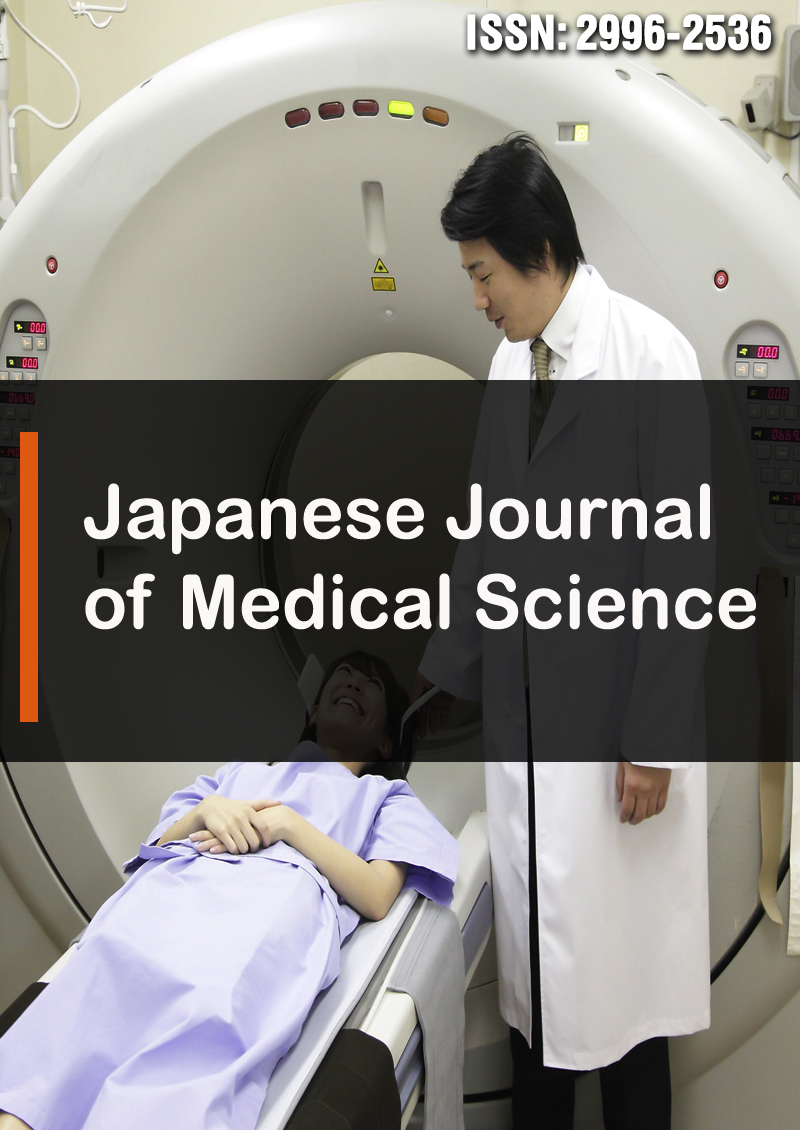Critical Points in Mother-To-Child Transmission of HIV: Necessities for Mothers to Know
Abstract
Ngachangong Victorine Mulur, Doumta Charles, Nsagha Dickson Shey and Emmanuel Yenshu Vubo
The review on critical points in mother-to-child transmission of HIV was conducted because diverse information is difficult and pulling information together is often better and clearer. Mother-to-child transmission of HIV remains a critical point of concern for both parents and healthcare providers. Many studies have shown that despite all efforts made to reduce mother-to-child transmission of HIV, the intended rate is yet to be achieved. It is relevant because many more mothers and healthcare workers can use the information without searching tiringly. The objectives were to explore, outline, and expose the epidemiology, prevention, and results. Information was obtained from published articles and experiences. Results showed that the epidemiology was between 2% to 11.4%. The prevention strategies included the use of voluntary counseling, early initiation of antiretroviral therapy for HIV-infected mothers and children born to them, the use of replacement feeding, etc. The risk factors for transmission were late initiation of preconception antiretroviral therapy, use of mixed feeding, single-dose Nevirapine, and low knowledge of MTCT. The information can be used for the sensitization of mothers and the general public to reduce transmission rates from mother to child. It can also be used during seminars to educate healthcare providers on the various transmission routes and how to prevent transmission, which can be used to educate mothers during antenatal care and follow-up care.



